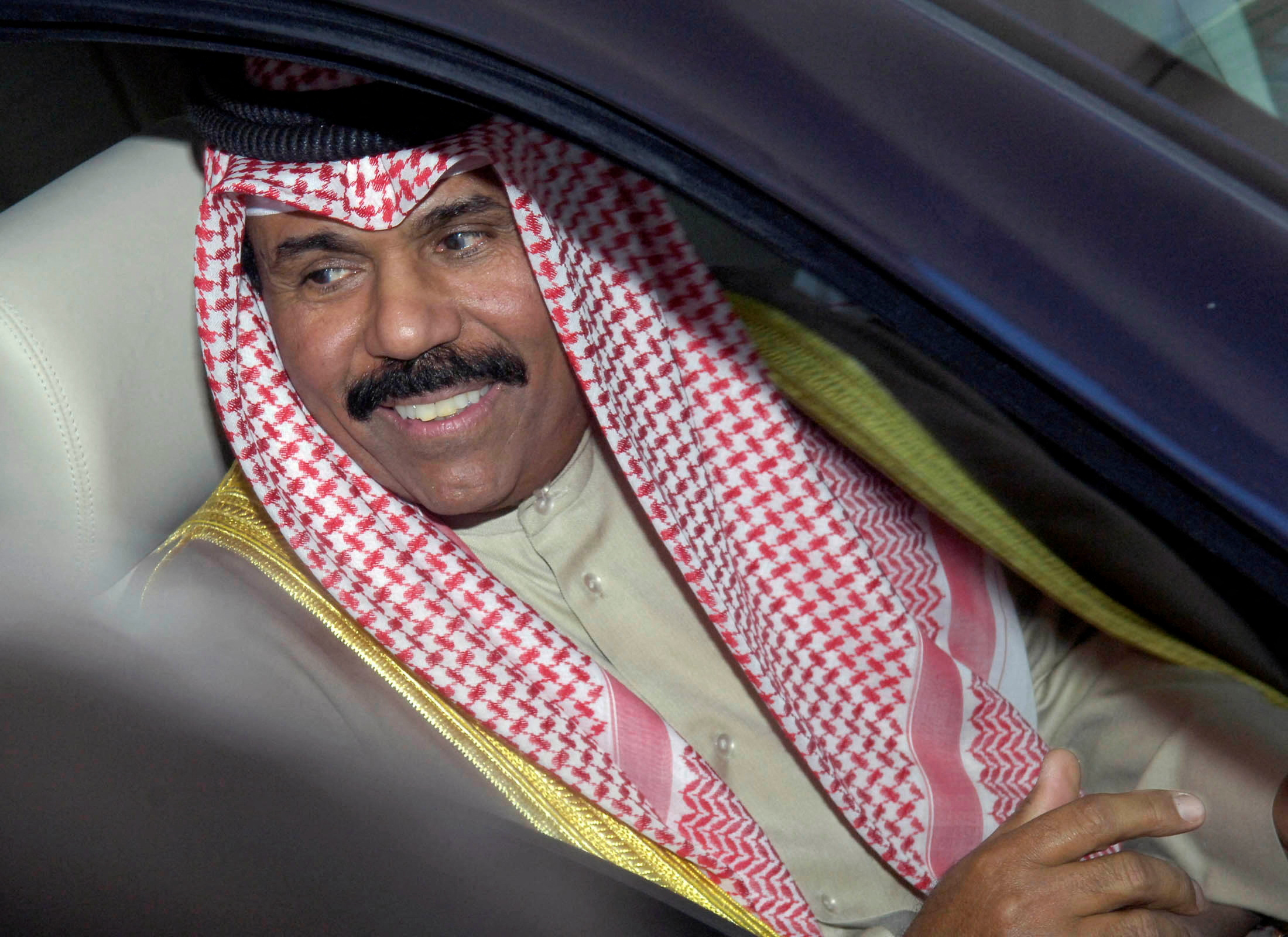Longevity, influence and the social media trap: Who do we trust with our health?
In a world where six-pack abs are flaunted more than six-point health plans, who are we really trusting […]

The nation of Kuwait is in mourning following the death of their esteemed leader, Emir Sheikh Nawaf al-Ahmad al-Sabah, and have bid him a final farewell in a poignant funeral ceremony attended by his successor, Sheikh Meshal al-Ahmad al-Sabah.
The late Emir, whose extensive career in public service was primarily focused on internal matters, was laid to rest after a solemn prayer service. The emotional ceremony saw Sheikh Meshal, the new ruler of Kuwait, visibly moved as he shed a tear, surrounded by members of the ruling Al Sabah family and the speaker of Kuwait’s parliament.
In the wake of Sheikh Nawaf’s passing, his successor, Sheikh Meshal, has officially assumed the leadership role in Kuwait. He has been the de facto ruler of the nation since late 2021, when Sheikh Nawaf relinquished most of his duties due to failing health. As the new leader, Sheikh Meshal is expected to continue Kuwait’s foreign policies, including its close relationship with the United States, balanced ties with neighbouring countries such as Saudi Arabia, Iran, and Iraq, and support for Gulf Arab unity.
Sheikh Nawaf’s relatively brief three-year reign as emir was overshadowed by his declining health. His predecessor and brother, Sheikh Sabah al-Ahmad al-Sabah, had reigned for 14 years and significantly influenced Kuwait’s foreign policy for two generations.
The late Emir, whose casket was draped in Kuwait’s flag, was laid to rest at the Sulaibikhat cemetery alongside his relatives after a touching prayer service at the Bilal bin Rabah mosque. Dignitaries from around the world paid their respects to Sheikh Nawaf, recognizing his decades-long commitment to public service, which included serving in various ministerial roles such as defence, interior, labour, and deputy chief of the national guard.
“We convey our deepest condolences to the royal family, the leadership, and the people of Kuwait,” expressed Indian Prime Minister Narendra Modi on the social media platform X.
Sheikh Nawaf’s passing at the age of 86 marked the end of an era in Kuwait. He had ascended to the throne at 83, making him the oldest ruler to take power in the Gulf state, which had previously been invaded and occupied by Iraq in 1990.
During his time as Emir, Sheikh Nawaf was viewed as a consensus-builder, working to mend the strained relationship between the parliament and government. He also granted clemency to numerous dissidents and individuals who had voiced public criticisms, demonstrating a commitment to unity and reconciliation within the nation.
In accordance with Kuwait’s constitution, the Emir is responsible for selecting his successor, the crown prince, although it is customary for the ruling family to convene to reach a consensus on the matter. The appointment of the crown prince must be approved by the parliament. Kuwait’s leadership transition signals a commitment to passing power to the next generation of the ruling family through a consultative and inclusive process.

In a world where six-pack abs are flaunted more than six-point health plans, who are we really trusting […]

In the era of social media, post-COVID, and with mental health at the forefront, a shift is taking […]